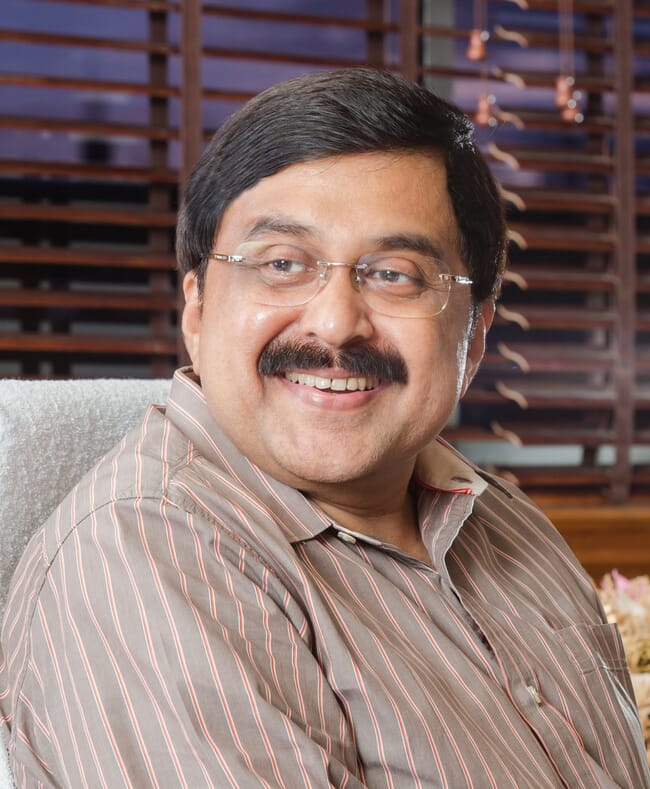
After over a decade spent as director of the ICAR-Central Marine Fisheries Research Institute – one of India’s foremost institutions for aquaculture and fisheries research – Dr A Gopalakrishnan has today announced his retirement from the role.
During his remarkable 11-year tenure, Dr Gopalakrishnan spearheaded numerous community-centric initiatives, with a focus on the empowerment of women and LGBT individuals within the fisheries and aquaculture sector. By providing training in diverse areas such as fish farming, cage culture, seaweed cultivation, ornamental fish farming, and mussel and oyster farming, along with marketing skills, the CMFRI extended support to communities to assist the development of small-scale entrepreneurs. Consequently, hundreds of women’s self-help groups have been formed nationwide, showcasing the successful implementation of these empowerment programmes.
Dr Gopalakrishnan worked hard to foster a welcoming environment at the CMFRI, encouraging fishermen to directly engage with the institute to pass on their concerns. His efforts to popularise the CMFRI’s mariculture technologies, such as cage fish farming and integrated multi-trophic aquaculture, were a huge success with thousands of coastal families successfully adopting these technologies.
Under his direction, the CMFRI saw the completion of many landmark studies, such as the genome sequencing of the Indian oil sardine, the creation of derived seaweed products, and the development of seed production techniques for 13 aquaculture fish species. The institute, under Dr Gopalakrishnan’s oversight, also played a critical role in implementing minimum legal catch size regulations to curb the unsustainable fishing of juveniles. As a result of these works, the CMFRI was awarded the Sardar Vallabhbhai Patel Award, given to the best ICAR research institution, in 2019.




